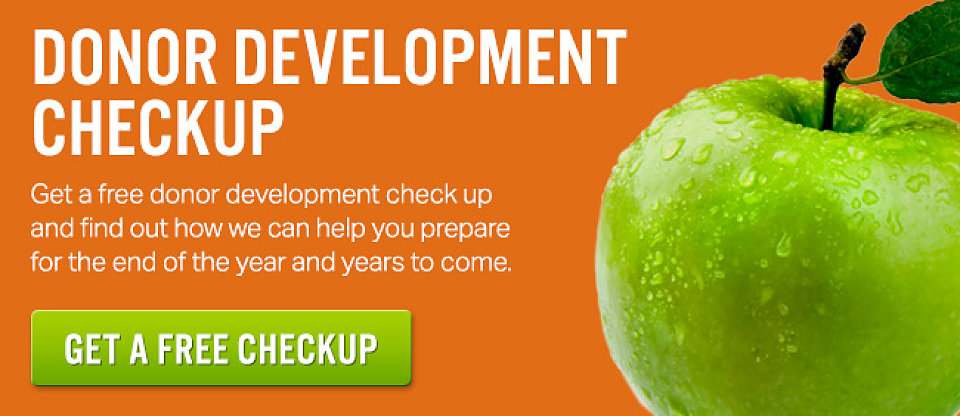Our Last Conversation?
By Megan Hawkes
What if you only had one last chance to speak to a donor? What would you say if it was a major donor? Would you tell them what an important impact they’ve had on lives of children or people around the globe? Would you tell them why they matter to your organization? Would you invite them to stick around and see what God is going to do next through their gift?
Now imagine the donor is a first time giver of a small amount. Or a long-time giver of yearly, medium-sized gifts. Or a monthly giver.
Would you speak to them differently?
My guess is no. If you knew that you were speaking to your donor at any level for the very last time, you’d have a conversation with the intent to engage, ignite, and appreciate.
The problem is, we don’t always know when we’re having our last conversation with a donor.
Earlier today, I gave a gift to a ministry online. The response I received on the site included the original ask, as if I’d not given at all. When I looked closely, a small sentence had been inserted thanking me for my gift.
Later, I got an email from the organization with my new account number and a general thanks for my gift.
What if I never gave again? Frankly, I probably won’t. The very sterile, operations-focused email will likely be my last conversation with this organization. They missed their last chance for a good conversation with me. And they don’t yet know enough about me to know if I have capacity to be a long-term committed donor or just an occasional small giver, though it hardly matters.
A story about how my gift was going to make a difference, a rich thank you, an image of a child typical of those who they help -- anything to connect me with the mission I wanted to support -- would have helped. They had my attention! I just gave to them. I was ready to read what they sent. I was truly a captive audience. And I got… my account number.
My development brain says, “Hey, this is a no-cost opportunity to be in front of a captive donor who is already engaged. Make the most of it! Be bold, be intentional!”
My donor brain says, “Wow. This is how much they think of me?”
Automated replies don’t have to feel, well, automated. They can be conversational, inviting, warm. They can tell a story, or engage a donor, and even encourage them to stick around to see what happens next because of their giving. See where I’m going?
Your automated responses are a free chance to speak to a highly motivated, captive, engaged audience. They are your chance to improve that relationship.
Or, they may be the last conversation you have with a donor.
So, what do you want to say?
Megan Hawkes is The A Group’s Donor Development Strategist, offering a comprehensive approach to attracting, acquiring, cultivating and retaining donor relationships. If you want to talk about other ways to integrate marketing, technology and donor development, or any part of those three things, email Megan at mhawkes@agroup.com.















